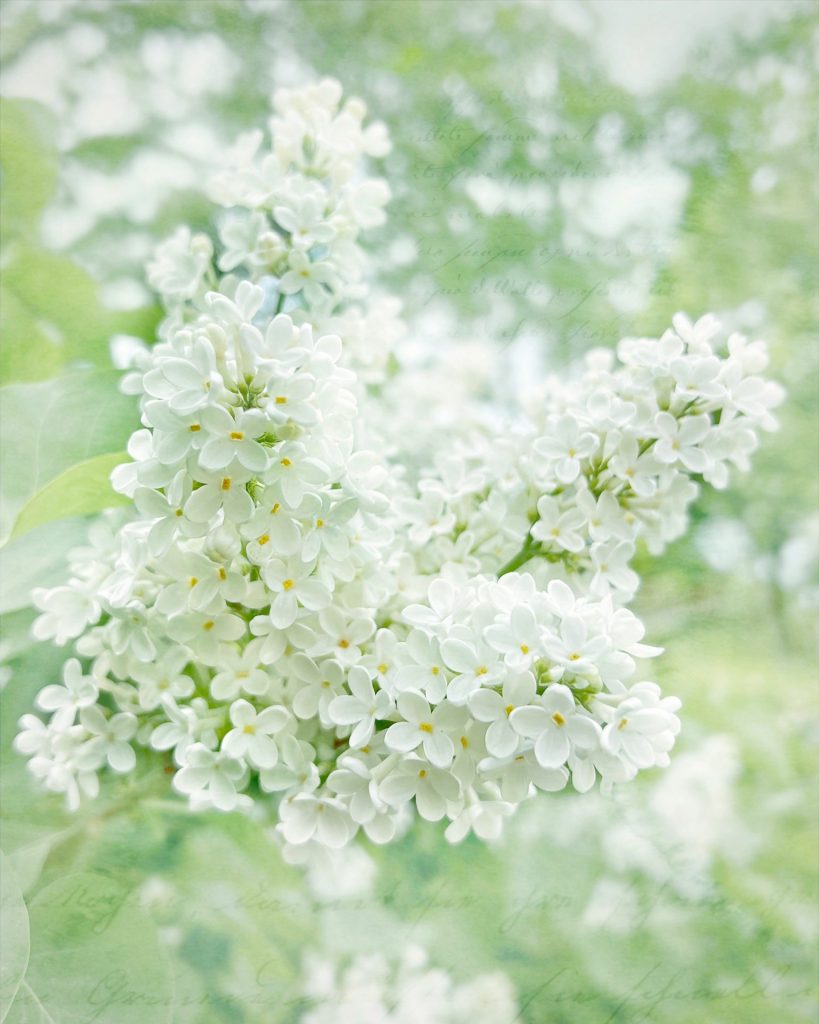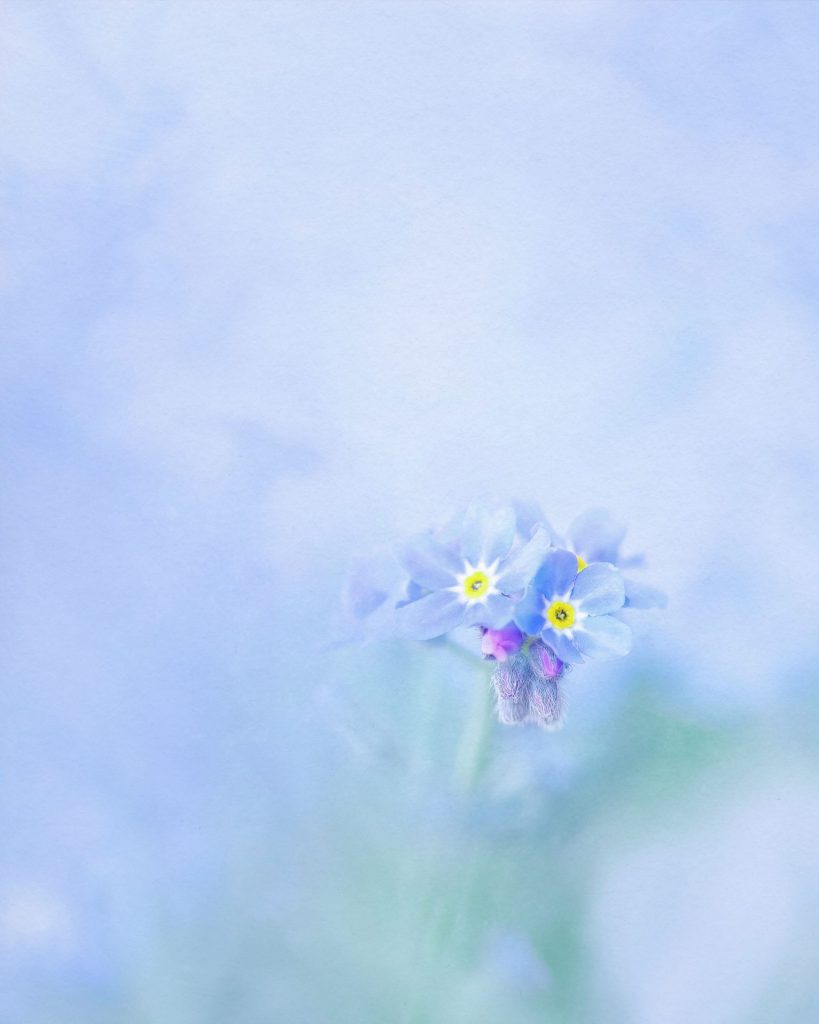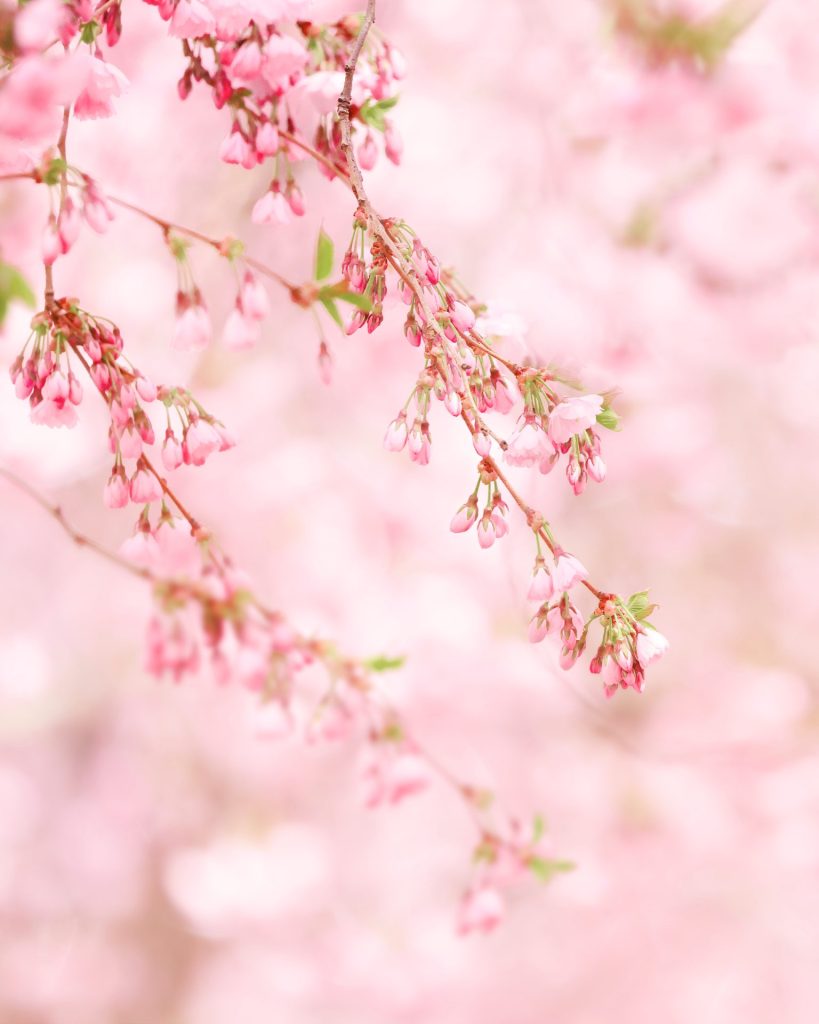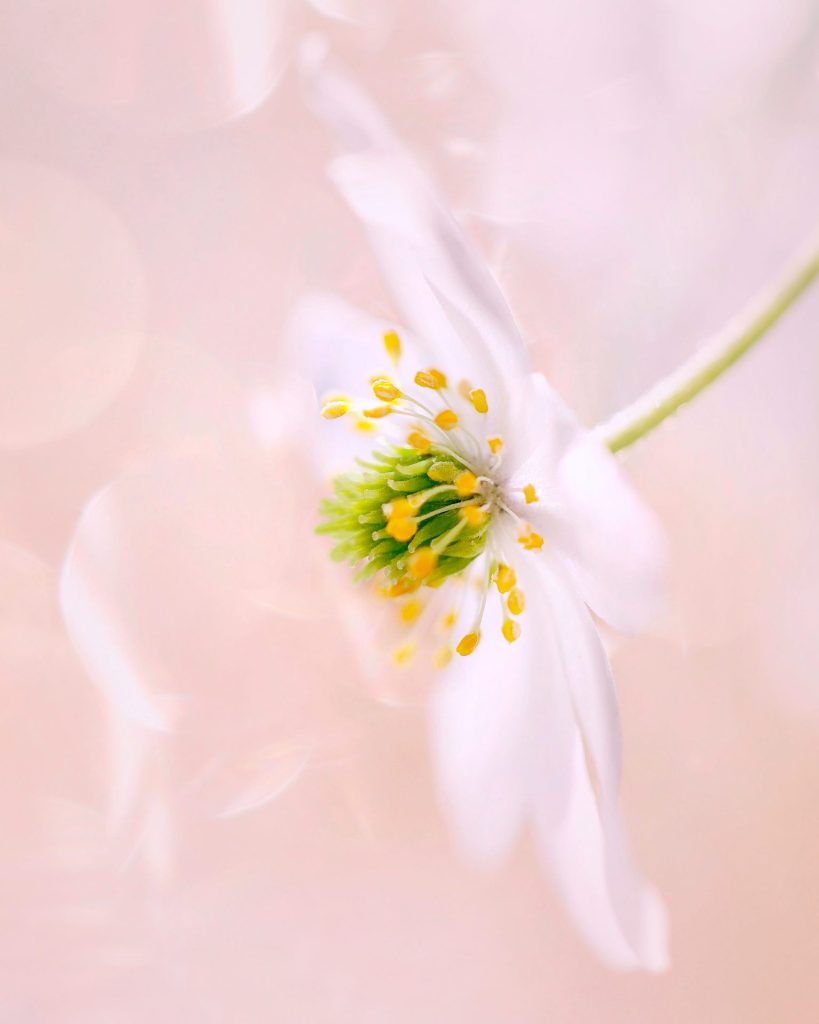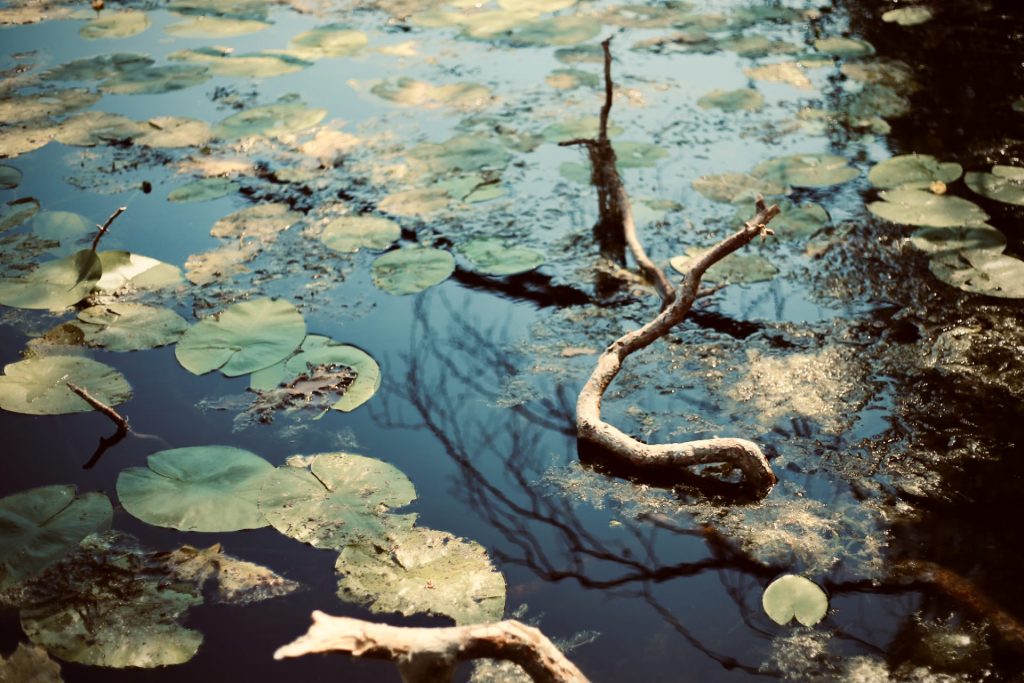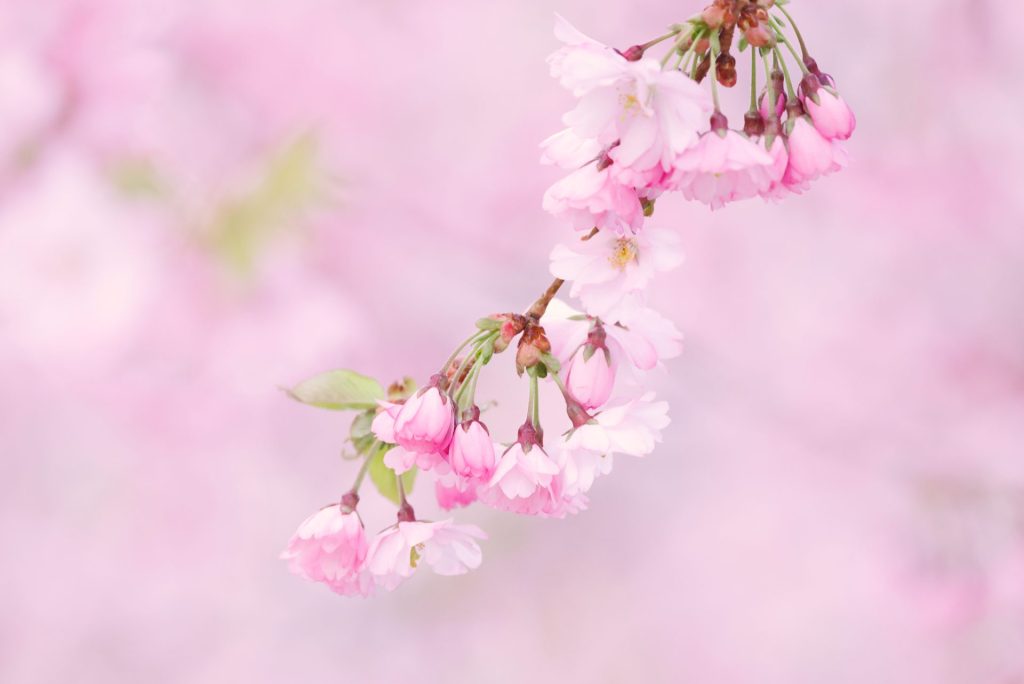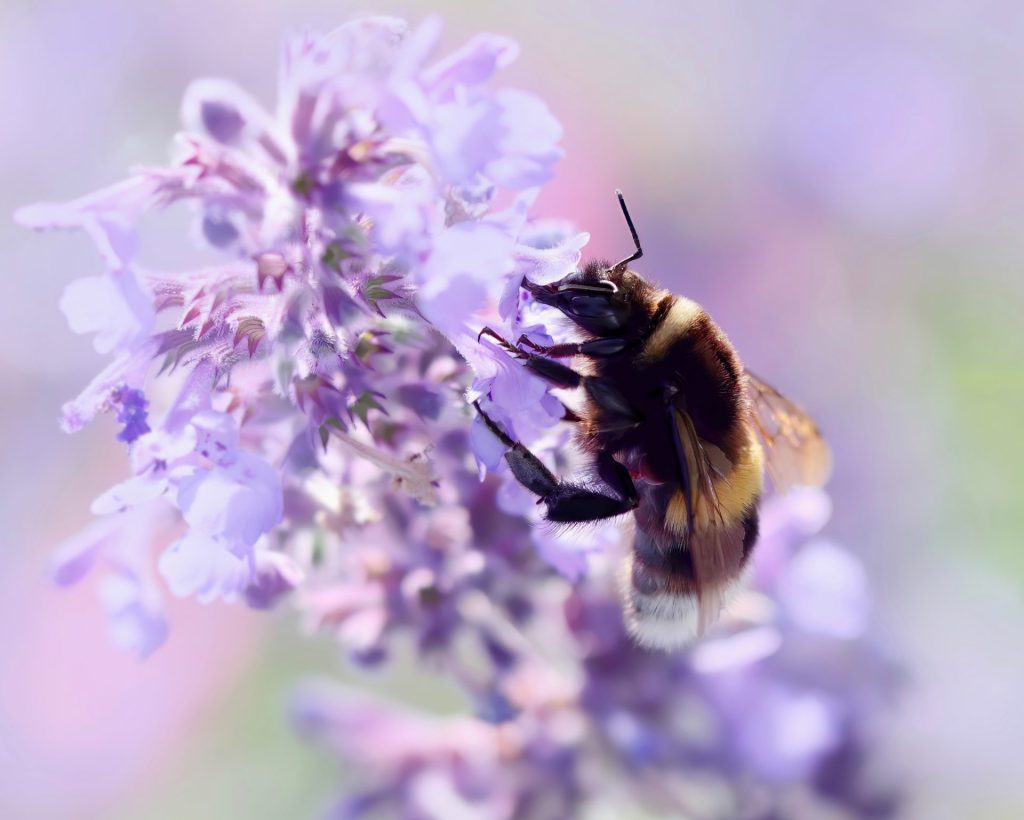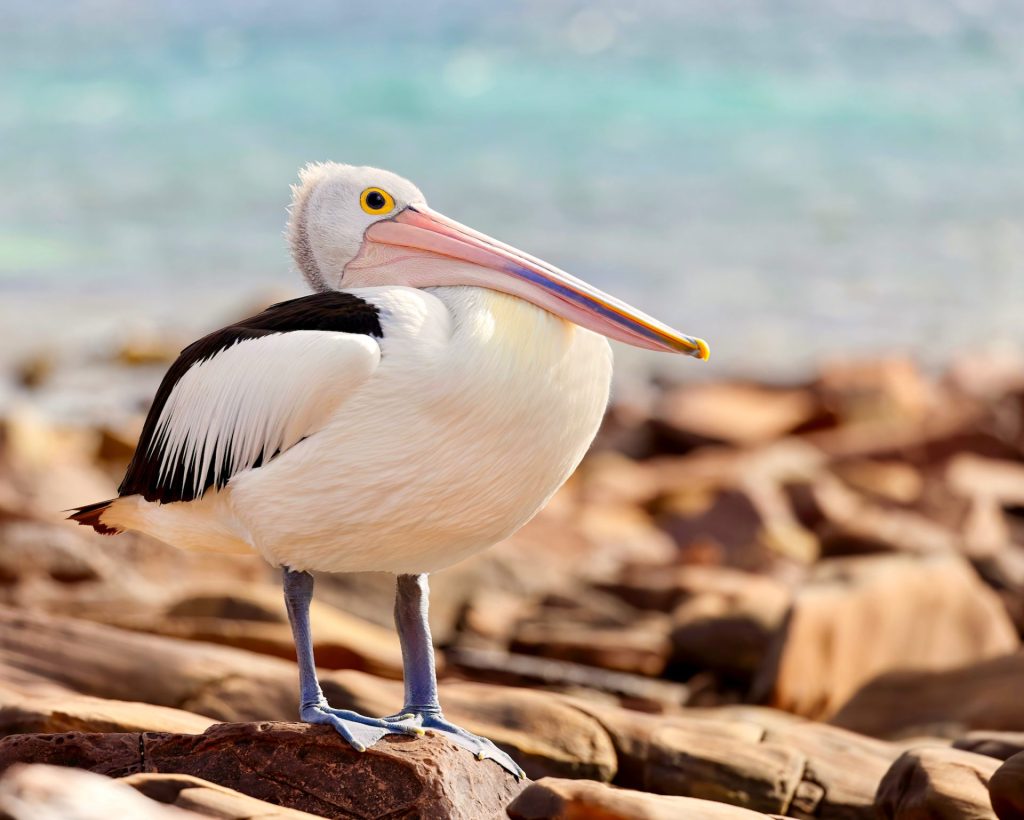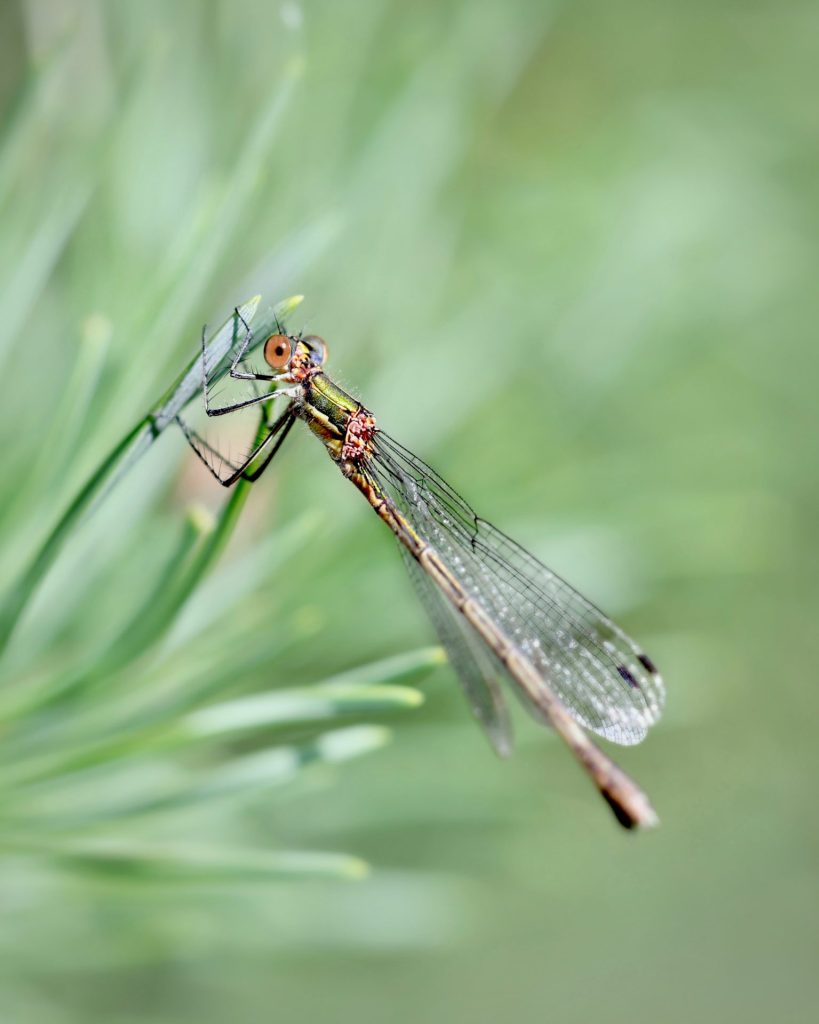
I’m so happy to share that my photo of this Glossy Black-Cockatoo couple will be published in the next issue of the Journey Beyond Magazine in Australia.
This is a special moment for me, not only because it’s my first photo to be published in Australia (a dream come true!) but also because it was taken at Ecopia Retreat on Kangaroo Island (South Australia), a place very dear to me.
The Kangaroo Island subspecies of the Glossy Black-Cockatoo (Calyptorhynchus lathami halmaturinus) is listed as endangered, with a population of about 450 birds before the devastating bushfires of 2019/2020. 75% of their habitat in the western part of Kangaroo Island was impacted by the bushfires. They feed exclusively on Drooping She-oak seeds and only on particular trees in the forest, making their survival even more challenging.
Yael and Rob, the Ecopia Retreat owners, have created a haven for these rare birds around Ecopia, planting She-oak trees and putting up bird boxes to help them survive. I was thrilled and awed to be able to find them and see them going about their business in the wild.
Related Posts
If you liked this post, share it on your preferred social network or forward it to a friend.



